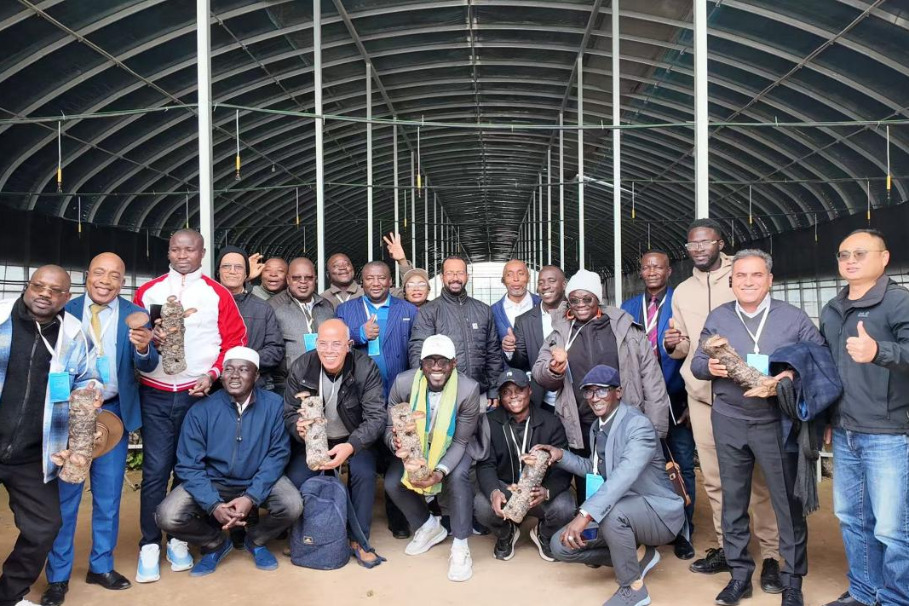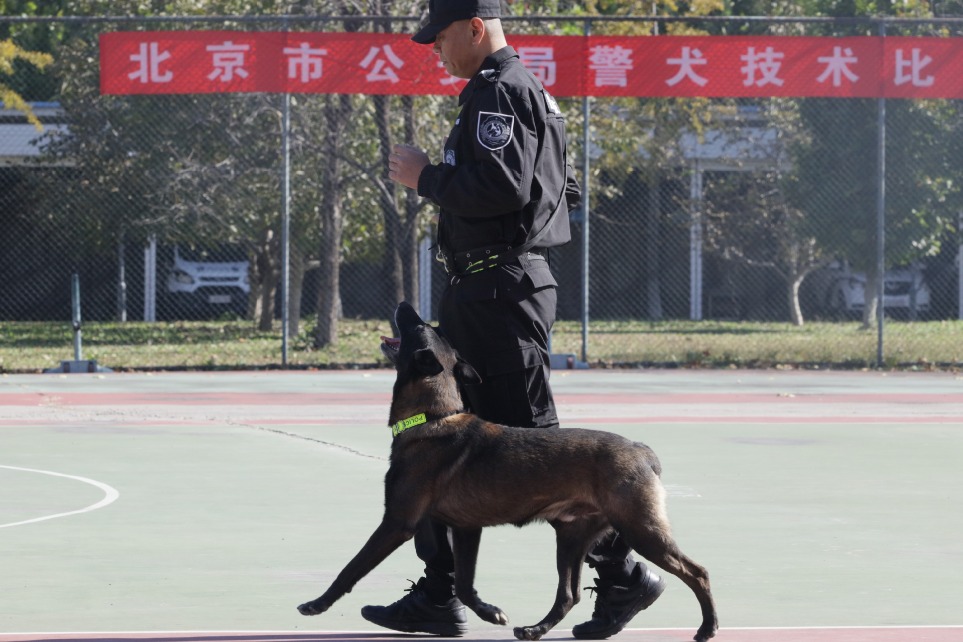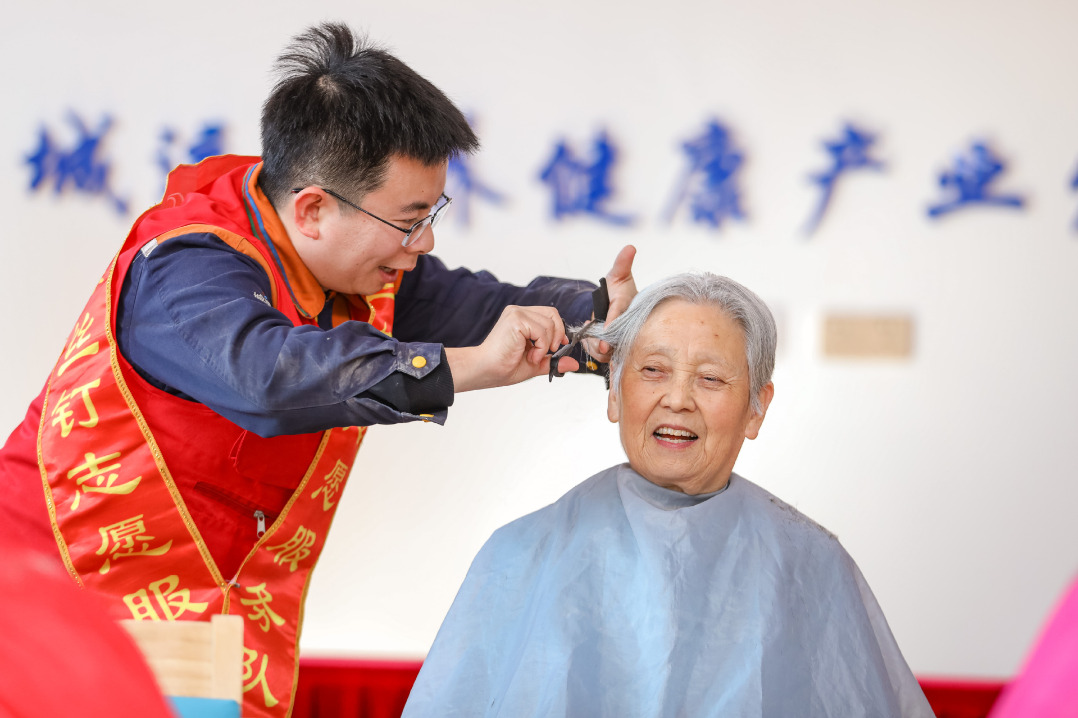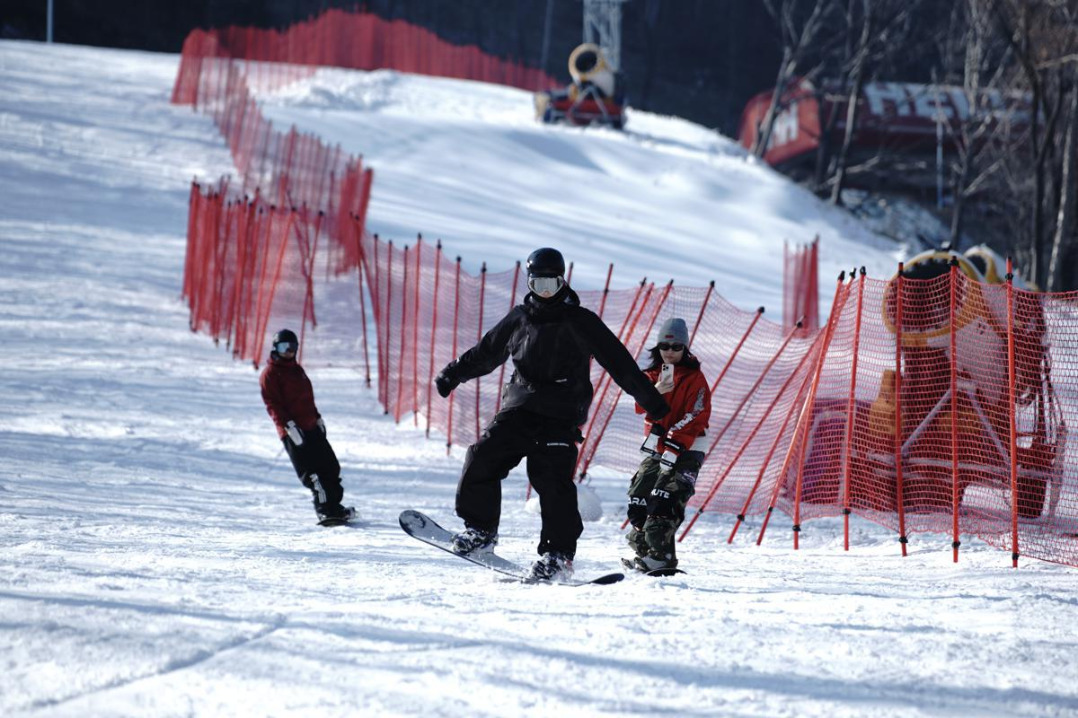Court urges strong support for elderly

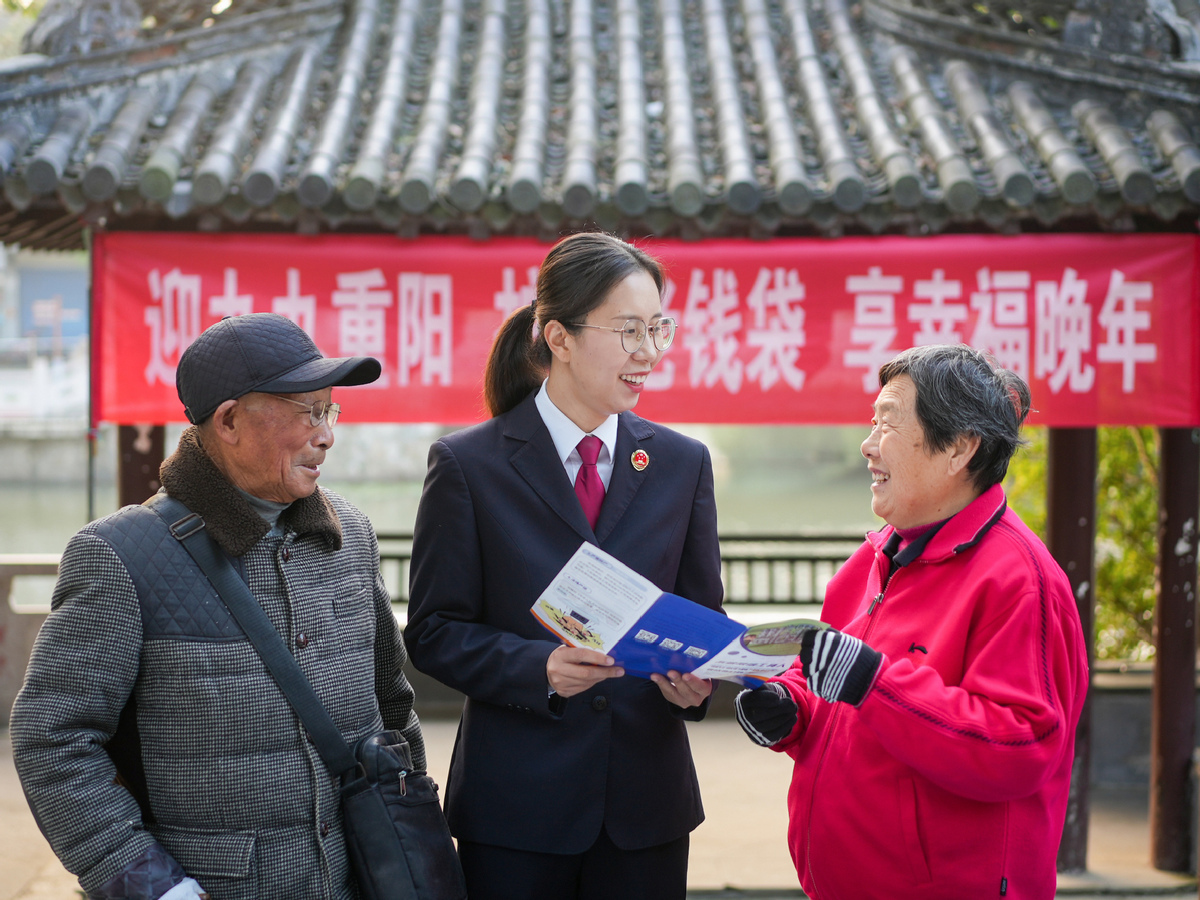
China's top court has reiterated the need to strengthen judicial protections for its senior citizens, pledging to make every effort to protect their legitimate rights and promote the sustainable development of the elder care industry.
The Supreme People's Court released five notable cases on Wednesday, urging courts nationwide to bolster the elder care system for older people, especially those living with disabilities and cognitive impairments. The directive was issued on the Double Ninth Festival, also known as Chongyang Festival, a traditional occasion to honor and show respect for the elderly, which falls on the ninth day of the ninth month on the traditional Chinese calendar.
The top court stressed that courts should actively respond to the challenges of an aging population, with more focus on enhancing the judicial capabilities of seniors and optimizing provisions regarding elder care services.
"The goal is to build an elderly-friendly society by rule of law and provide robust legal support to the seniors, continuously enhancing their sense of fulfillment, happiness and security," it said.
For example, one disclosed case involved an elderly man with a mental illness who was unable to care for himself. After a traffic accident, his health deteriorated. As the man's legal guardian, his son was responsible for managing the compensation the senior received after the accident, as well as arranging his father's care.
In March 2023, the son signed a service contract with an elder care company and placed his father in their care. Since then, however, the son has neglected to visit his father, failed to fulfill his support obligations and began defaulting on service fees starting in January 2024, accumulating over 30,000 yuan ($4,225) in arrears.
Consequently, the company filed a lawsuit at a grassroots court, demanding that both the father and son pay the overdue fees and penalties for breach of contract. It also requested that the court order the father to vacate their premises.
While handling the case, the court discovered that the compensation from the traffic accident was about to be paid into the son's account. Given that the son had no stable job and frequently visited entertainment venues, there was a significant risk that the funds might be squandered.
Therefore, the court conducted a special legal education session for him, informing him of the legal consequences of neglecting his support obligations. Additionally, the court collaborated with the village committee where the son resided to conduct monthly supervision, ensuring that once the funds were received, they would be used for his father's care.
Through the joint efforts, the son voluntarily paid the overdue service fees to the company and committed to visiting his father weekly. As the dispute between the parties was resolved during the case handling, the company withdrew the lawsuit.
The top court highlighted the importance of legal education, noting that collaborating with other departments to establish a supervision and follow-up mechanism will contribute to ensuring elderly residents with disabilities or cognitive impairments receive long-term and stable care.
"This not only strengthens the security for the lives of this special group of seniors, but also guides their children in fulfilling their obligations of support," it added, calling on judges to help enhance the public's awareness of respecting seniors while handling relevant cases.
caoyin@chinadaily.com.cn
















